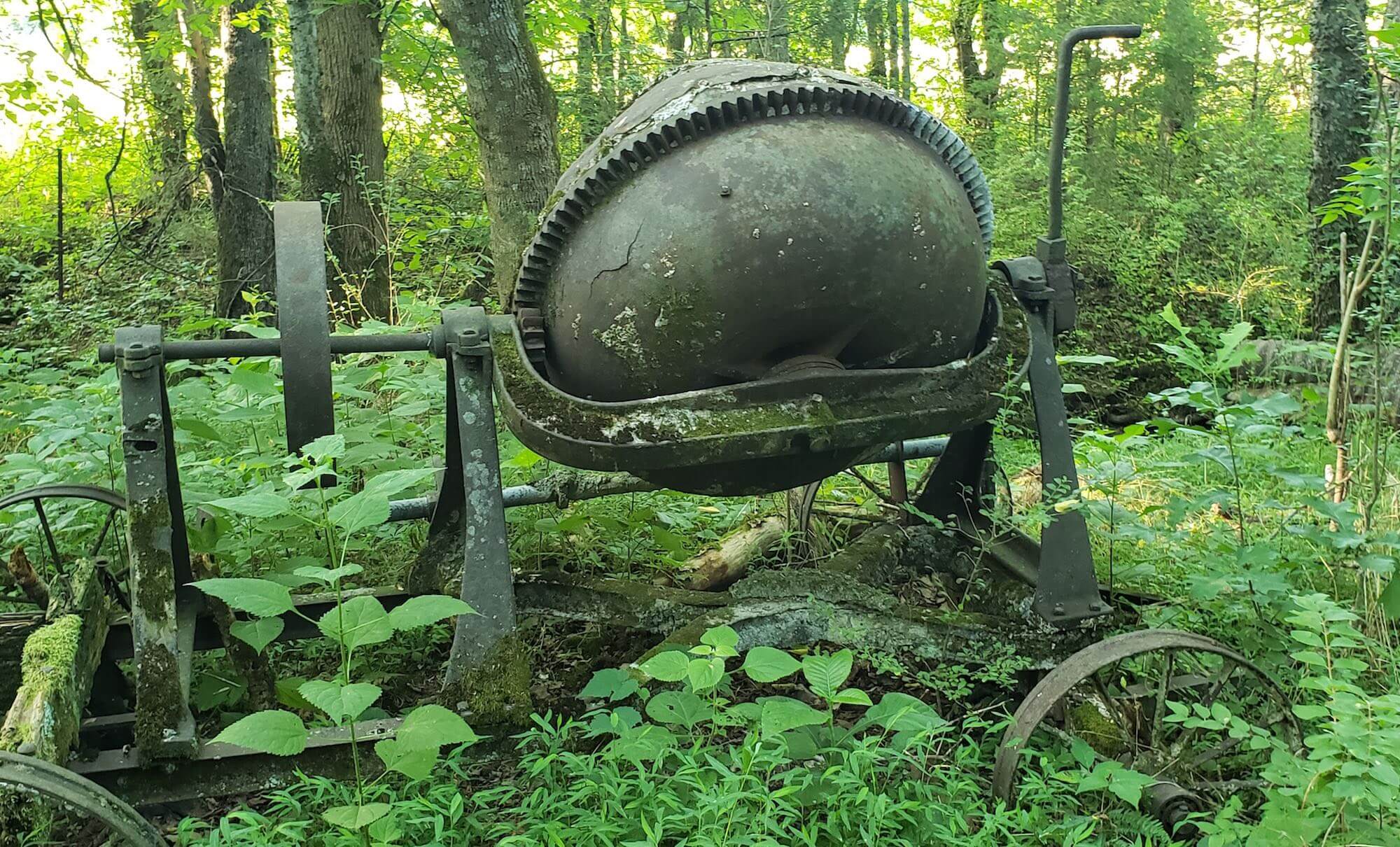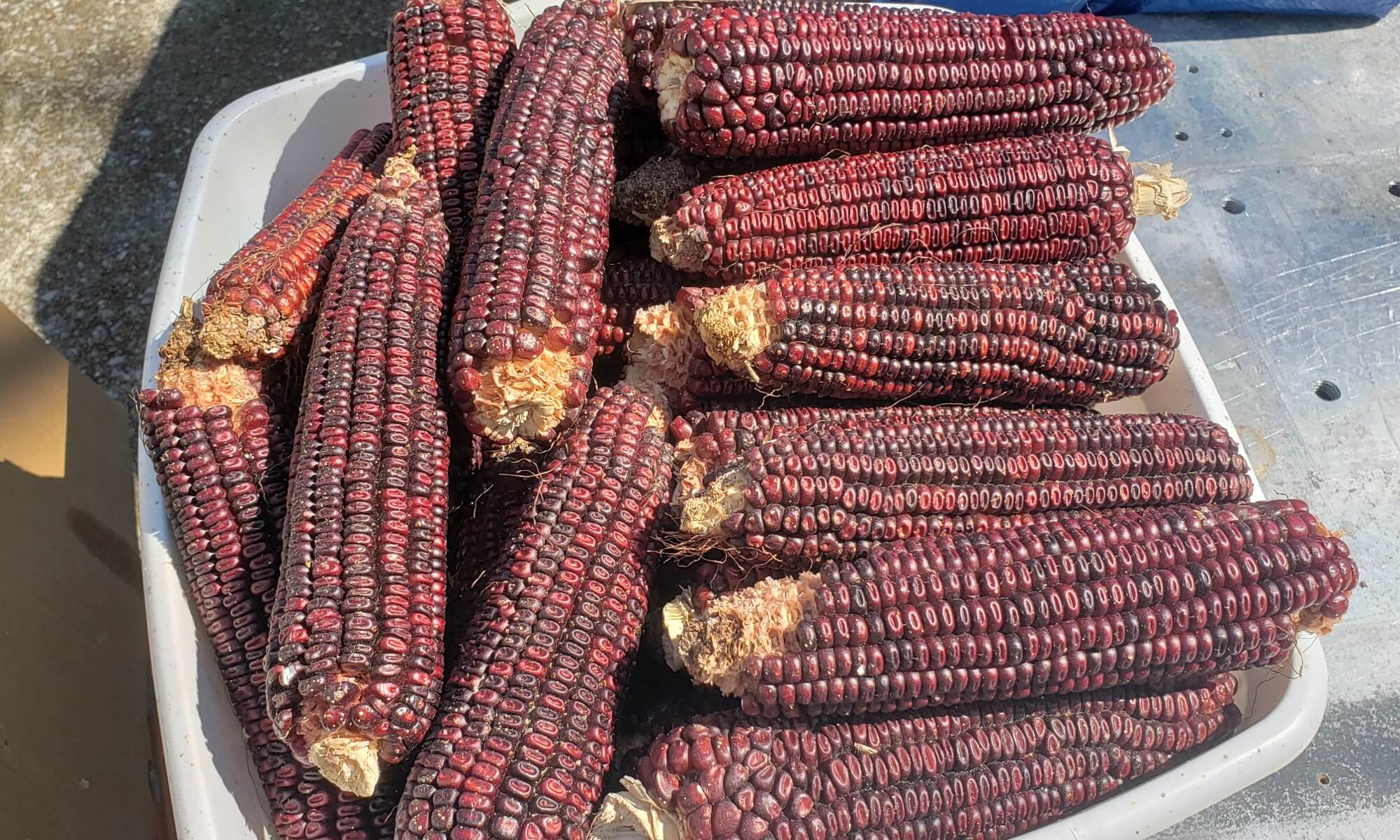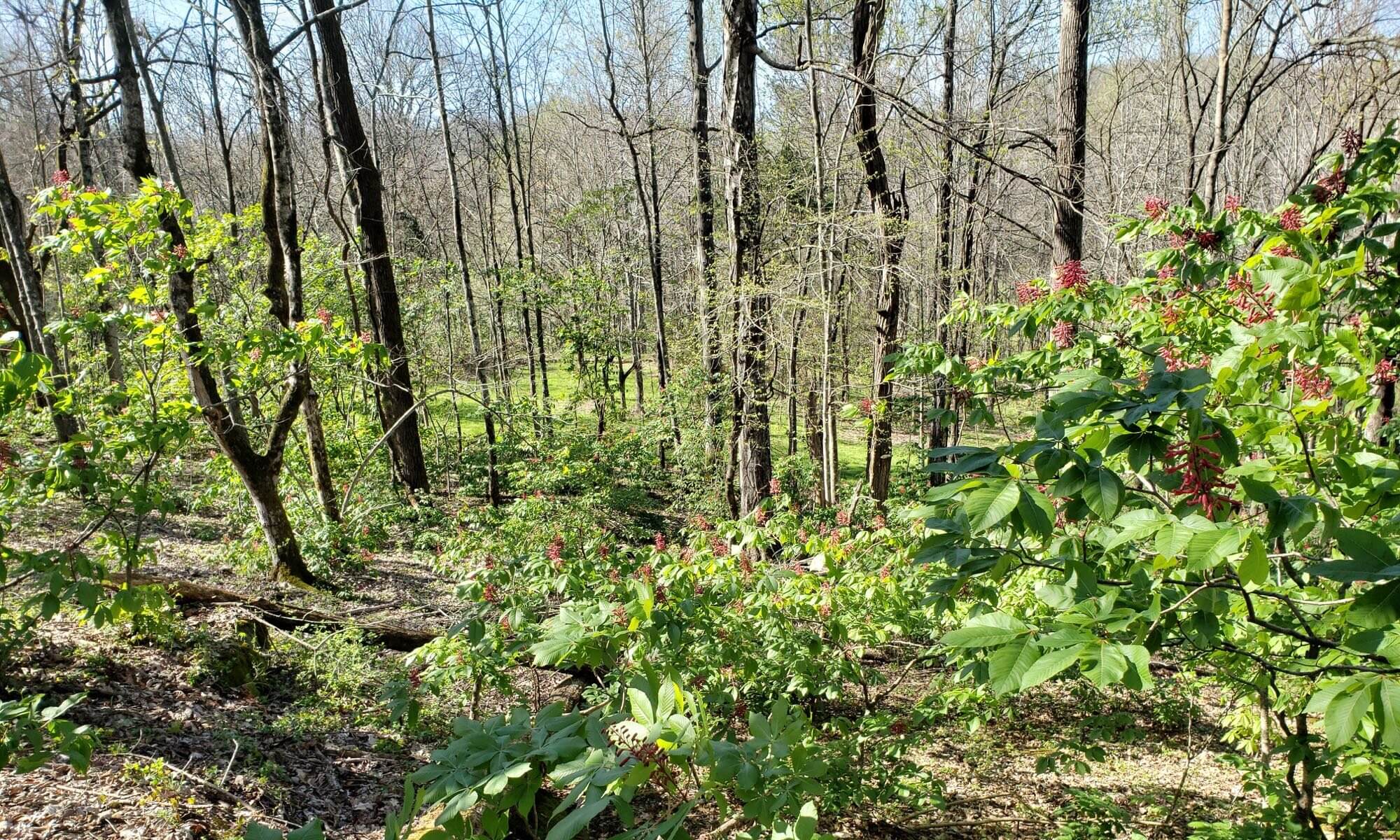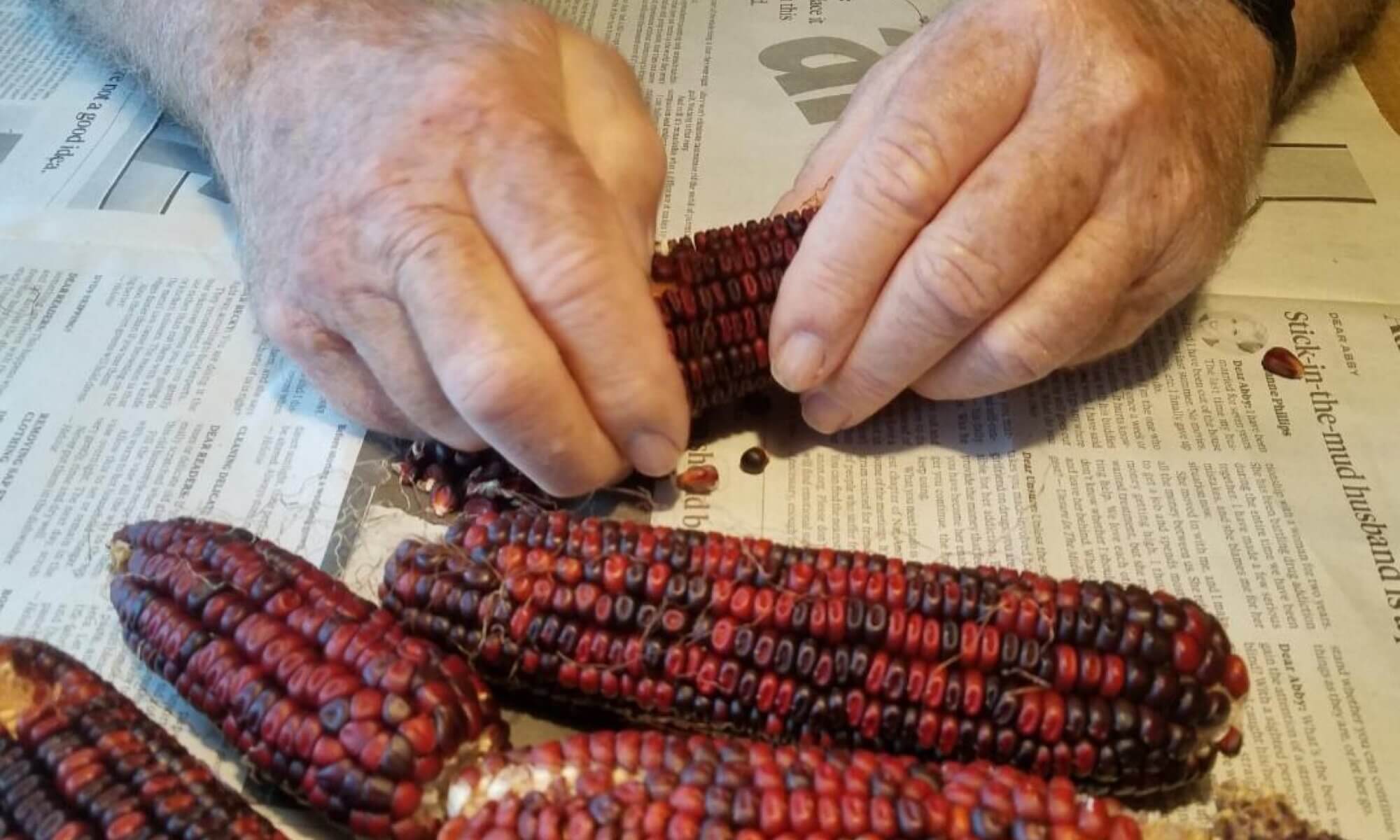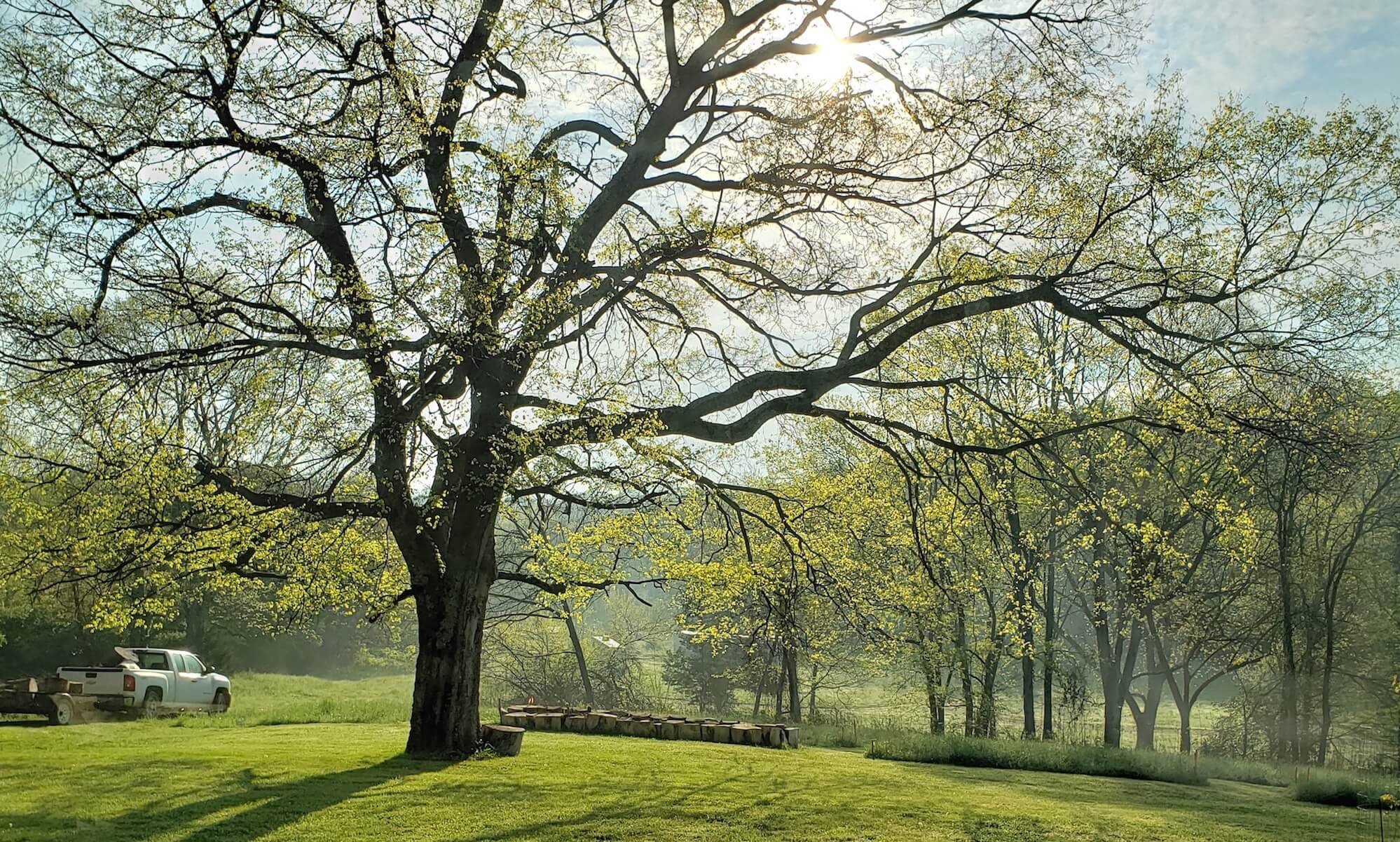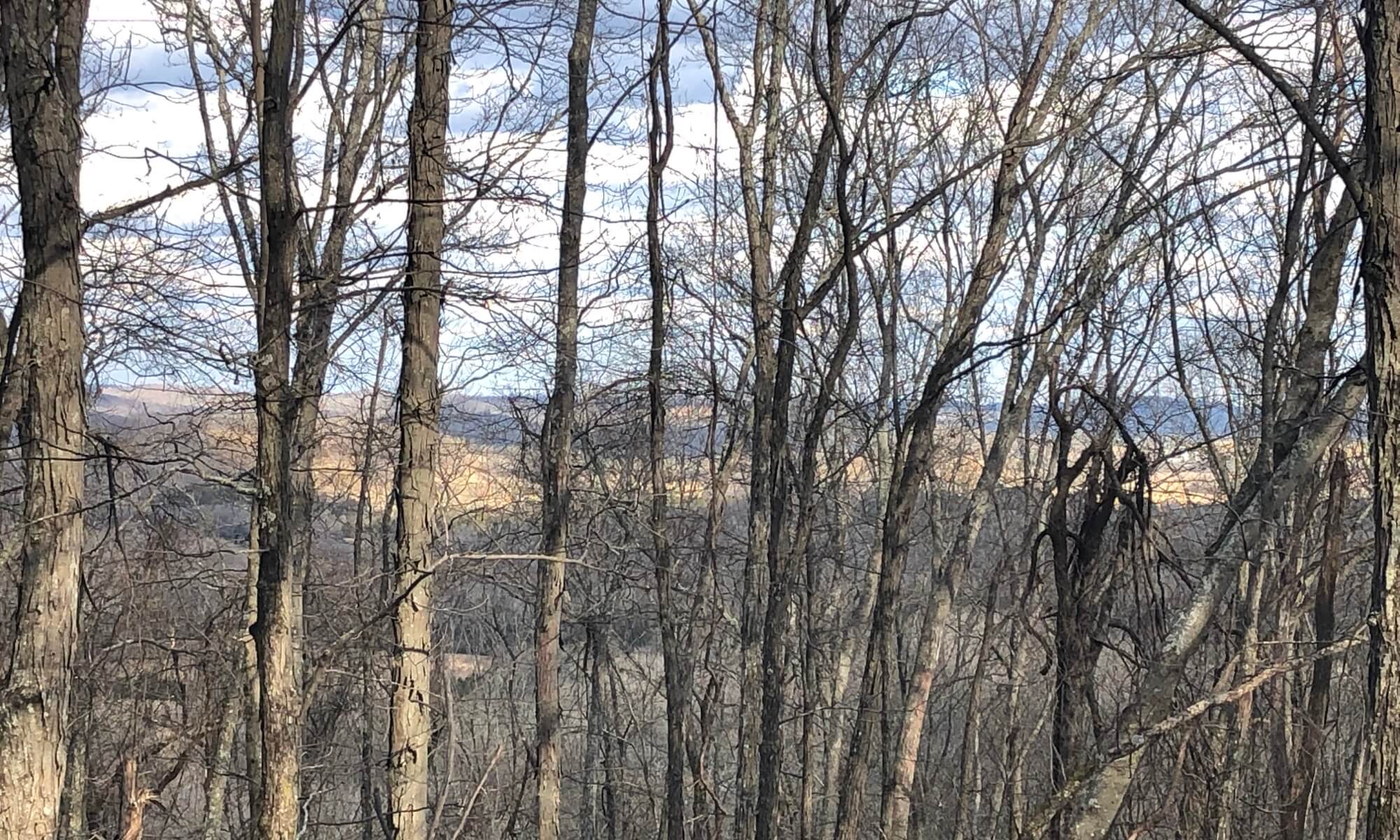Hello, friends. April here. It’s been a long time since we wrote one of these and we apologize for that. But there’s a whole lot to update you on regarding Engineered Spirits, too much to cover in one post, so we hope you’ll be patient with us just a little bit longer as we tackle the main updates a topic at a time over the next few weeks.
About six years ago now, we started talking about finding a new purpose for the family farm after our family stopped raising beef cattle and “retired” from farming. But when you have a green belt farm with over 100 acres, you can’t just wake up one day and stop farming it. It was a couple of years before James Moore (better known as Chip to his friends and family) came up with the idea of building a farm distillery on the land and talked me (his wife) into it. That’s how we arrived at the name “Second Intention Farm.” Most folks would buy a farm to build a distillery, but in our case, we were building the distillery to save the farm.
Even then, we knew we wanted to be in control of the ingredients that went into our products as much as possible. All during the lockdowns of 2020, we brainstormed, planned, and did research on the types of grains and botanicals we might grow to use in our products. We decided to start by growing heirloom corn and eventually I found an NPR article discussing a famous moonshiner corn that had been brought back from the edge of extinction, Jimmy Red. It was an interesting story and we like those.
We were able to get the seed of this unique, open-pollinated variety from a co-op in Alabama and then we spent that year and the following, really, just learning how to grow it. I won’t go into all that – our learning curve has been pretty well documented over the last four years on our social media channels, as well as on the farm’s – but ever since, we’ve been saving our own seed and planting and harvesting it with the vintage farm equipment our family owns.
Jimmy Red produces dark, dark red ears that, when milled, make delicious pink grits, as well as pink cornmeal. Used as cornmeal, it makes anything you’d use that for even more delicious. Most distilleries use cornmeal to make their whiskeys and indeed there are a few using Jimmy Red now. But Chip didn’t want to use cornmeal. He wanted to do what those old moonshiners did and crack it.
At Moonshine University – the training course for the Kentucky Distiller’s Association – Chip had learned how to cook the corn. But he’d never done it by himself on his own equipment. So, last year, he started practicing, using the farm’s cracked corn, turning it into beer, just going through the process he had learned. This year, he repeated the same process, but with cornmeal instead. Construction has been moving very slowly at the farm, so he figured he might as well practice. That way, once the distillery’s doors are open, we can hit the ground running.
All of this work just to learn the best way to make whiskey and to have a product we can be proud of. We could have bought Jimmy Red from a local farm. We know the farmer well. He has a combine and plants several acres. He uses modern techniques. But he also uses herbicides and pesticides so he can sell his corn on the market at a cheaper price.
We’re just not going to do that. Our corn is grown the way those old moonshiners grew it, with nothing but sun, rain, and a lot of hard work. It’s the farm’s crop, of course, but we know the history of how it was planted, grown, harvested, processed, milled, cooked and fermented. Eventually, we’ll also be able to tell you how it was distilled and barreled, all the way from the seed until you pour it in your glass.
Our goal is nothing less than this: Our corn, our water, our wood. 100% our whiskey.
Now, we can check that first one off our list.
